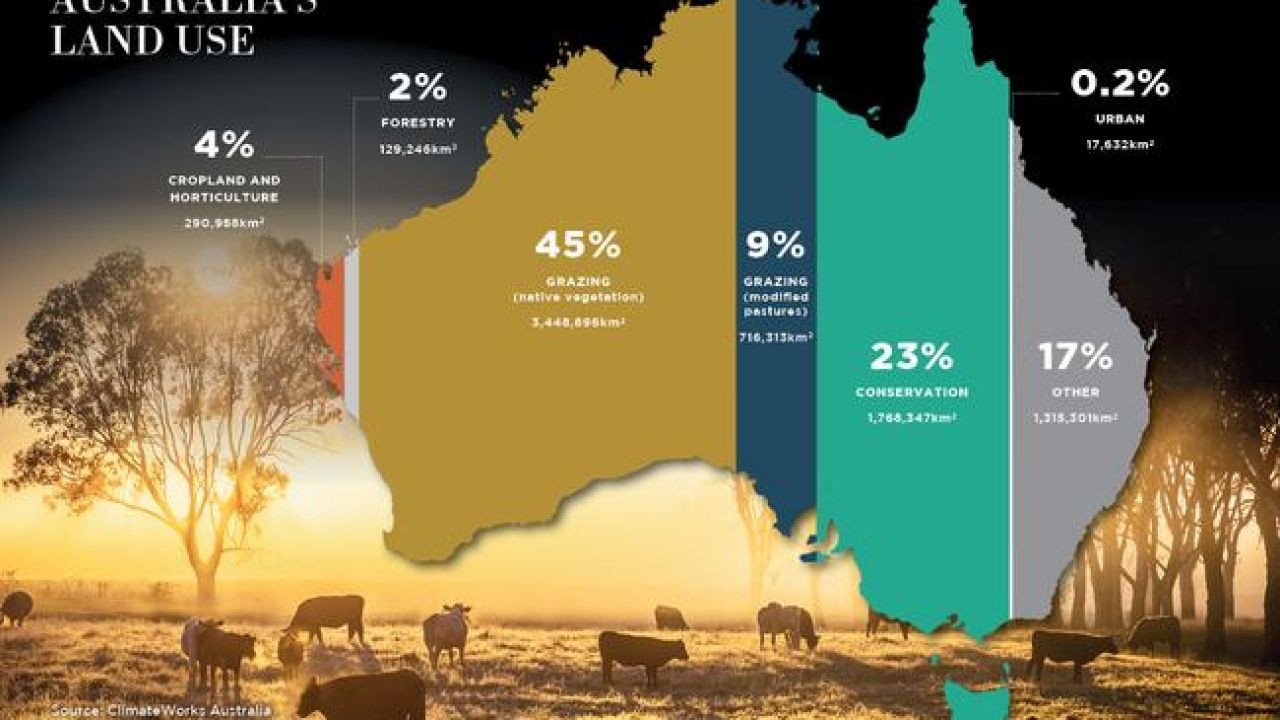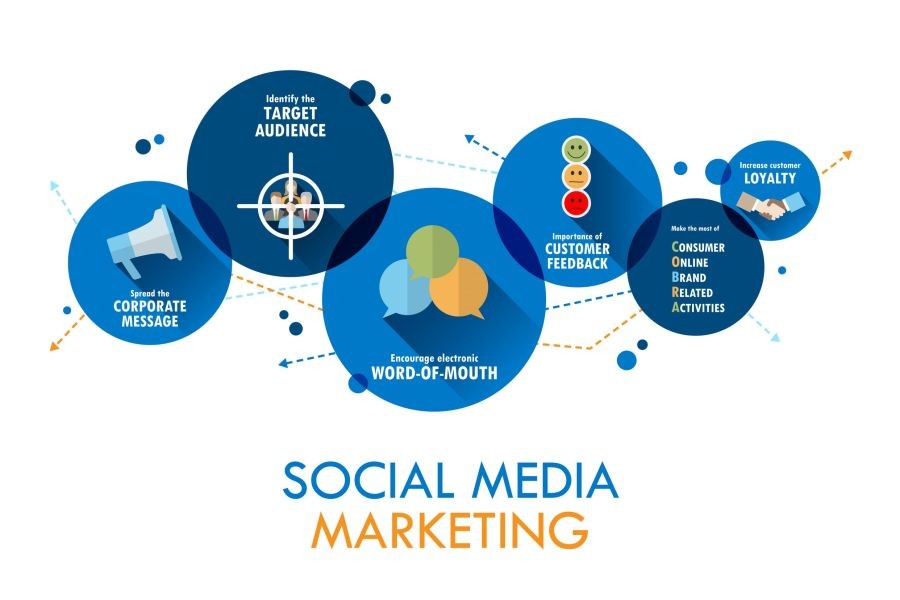In the evolving landscape of Australian entrepreneurship, the debate over whether tech startups or service-based businesses offer more profitability continues to captivate investors and business leaders alike. As Australia positions itself as a hub for innovation and economic growth, understanding the dynamics between these two business models is crucial. This article delves into the profitability prospects of tech startups versus service-based businesses, with a focus on the Australian market, backed by data and expert insights.
Understanding the Australian Economic Context
Australia's economy, characterized by its strong service sector and burgeoning tech scene, provides a fertile ground for both tech startups and service-based businesses. According to the Australian Bureau of Statistics (ABS), the service sector contributes approximately 70% to the GDP, while the tech sector has been growing at a rapid pace, with venture capital investments reaching AUD 1.5 billion in 2022. This backdrop sets the stage for a comparative analysis of profitability across these two types of businesses.
Tech Startups: Innovation and High Growth Potential
The Allure of Disruptive Technologies
Tech startups are often associated with disruptive innovations that have the potential to transform industries. In Australia, companies like Canva and Atlassian have set a precedent for what tech startups can achieve. According to a report by the Australian Tech Council, tech startups in Australia have the potential to contribute up to AUD 50 billion annually to the economy by 2025, highlighting their significant growth potential.
Pros and Cons of Tech Startups
- Pros:
- High Growth Potential: Tech startups can scale rapidly with the right idea and execution, as evidenced by Canva's valuation exceeding AUD 50 billion.
- Global Reach: Technology enables startups to access international markets, expanding their customer base beyond Australia.
- Innovation-Driven: Tech startups often drive innovation, creating new market opportunities and attracting top talent.
- Cons:
- High Risk: The failure rate is high, with over 90% of startups not surviving beyond the initial five years.
- Capital Intensive: Significant investment is often required upfront for research and development.
- Regulatory Challenges: Navigating regulatory frameworks, such as those overseen by the Australian Competition & Consumer Commission (ACCC), can be complex.
Case Study: Atlassian – From Startup to Global Leader
Problem: Atlassian, an Australian tech startup, faced challenges in scaling its software development tools globally.
Action: By focusing on cloud-based solutions and strategic acquisitions, Atlassian expanded its product offerings and market reach.
Result: The company achieved a market capitalization of over AUD 100 billion, illustrating the immense profitability potential of successful tech startups.
Takeaway: This case underscores the importance of innovation and strategic expansion in achieving profitability in the tech sector.
Service-Based Businesses: Steady Growth and Revenue Stability
The Strength of the Service Sector
Service-based businesses form the backbone of the Australian economy, with industries such as healthcare, education, and financial services leading the charge. These businesses offer stability and consistent revenue streams, making them attractive to risk-averse investors. According to the Reserve Bank of Australia (RBA), the service sector has shown resilience, even during economic downturns.
Pros and Cons of Service-Based Businesses
- Pros:
- Stable Revenue: Service businesses often enjoy recurring income, providing financial stability.
- Lower Risk: Compared to tech startups, service businesses generally have lower failure rates.
- Customer Loyalty: High-touch services foster strong customer relationships, leading to long-term retention.
- Cons:
- Limited scalability: Growth is often linear and tied to the ability to increase service capacity.
- Competitive Market: Many service industries face saturation, making differentiation challenging.
- Dependence on Human Capital: Service delivery relies heavily on skilled personnel, which can be a constraint on growth.
Case Study: Flight Centre – Adapting in a Changing Market
Problem: Flight Centre, an Australian travel agency, faced challenges during the COVID-19 pandemic with travel restrictions impacting revenue.
Action: The company diversified its offerings, focusing on domestic travel and online services.
Result: Flight Centre returned to profitability, demonstrating resilience and adaptability in service-based businesses.
Takeaway: The ability to pivot and adapt to changing market conditions is crucial for profitability in the service sector.
Comparative Analysis: Profitability Metrics
When comparing the profitability of tech startups and service-based businesses, several key metrics emerge:
- Return on Investment (ROI): Tech startups often promise higher ROI due to rapid growth potential, but with increased risk. Service businesses offer more predictable, albeit lower, ROI.
- Revenue Growth: Tech startups can achieve exponential revenue growth, as demonstrated by companies like Canva, whereas service businesses experience steady, linear growth.
- Risk vs. Reward: The high-risk, high-reward nature of tech startups contrasts with the lower-risk, stable returns of service businesses.
Regulatory Insights and Challenges
Both business models face unique regulatory challenges. Tech startups must navigate intellectual property laws and data privacy regulations, with the Australian Information Commissioner playing a key role in compliance. Service businesses, on the other hand, often deal with industry-specific regulations, such as those imposed by the Australian Prudential Regulation Authority (APRA) in financial services.
Future Trends and Predictions
The future profitability of tech startups and service-based businesses in Australia will likely be influenced by several trends:
- Digital Transformation: The ongoing digital transformation across sectors will continue to drive demand for tech solutions, benefiting tech startups.
- Sustainability and ESG Factors: Both tech and service businesses will need to align with environmental, social, and governance (ESG) standards to attract investment and meet consumer expectations.
- Policy Changes: Government initiatives, such as grants for innovation and support for SMEs, will shape the business landscape, providing opportunities for both startups and service businesses.
Common Myths and Mistakes
- Myth: "All tech startups are destined to succeed if they have a unique idea." Reality: Success also depends on execution, market fit, and timing.
- Myth: "Service businesses cannot innovate." Reality: Many service businesses innovate through digital transformation, enhancing customer experience and operational efficiency.
Conclusion: Which is More Profitable?
Ultimately, the profitability of tech startups versus service-based businesses in Australia depends on various factors, including market conditions, execution, and adaptability. While tech startups offer the allure of high growth and innovation, they come with increased risk. Service businesses provide stability and steady revenue but may face scalability challenges. Investors and entrepreneurs must weigh these considerations carefully, aligning their strategies with market opportunities and regulatory requirements.
As Australia continues to evolve as a dynamic business environment, both tech startups and service-based businesses have the potential to thrive. The key lies in understanding the unique advantages and challenges of each model and leveraging them to achieve sustainable profitability.
People Also Ask (FAQ)
- How do tech startups impact Australia's economy? Tech startups contribute significantly to innovation and job creation, with potential economic contributions reaching AUD 50 billion annually by 2025, according to the Australian Tech Council.
- What are the biggest misconceptions about service-based businesses? One common myth is that service businesses can't innovate. However, many are leveraging technology to enhance customer experience and operational efficiency.
- What strategies should investors consider for tech startups? Investors should focus on startups with a strong market fit, scalable business models, and a clear path to profitability, while also considering regulatory compliance.
- How is the Australian government supporting tech startups? The Australian government provides grants and incentives to foster innovation and support the growth of tech startups, creating a conducive environment for entrepreneurship.
Related Search Queries
- Profitability of tech startups in Australia
- Service-based business success stories
- Australian startup ecosystem trends
- Tech startup regulations in Australia
- Service industry growth in Australia































